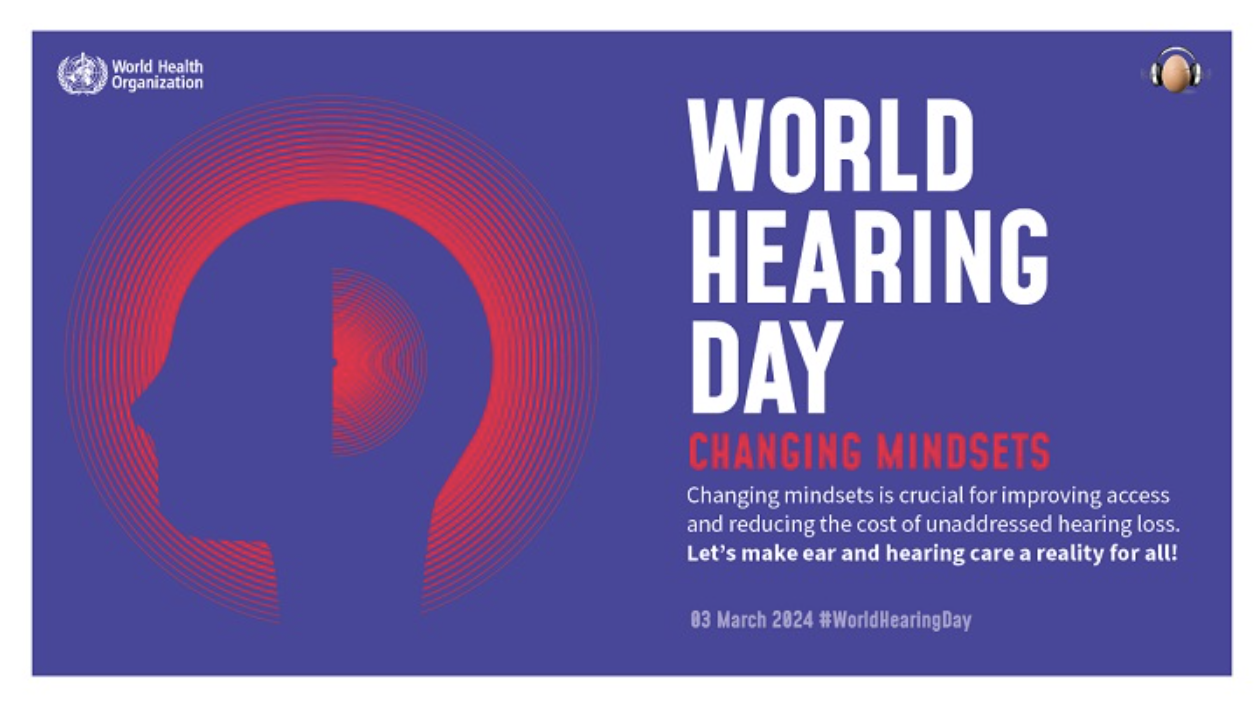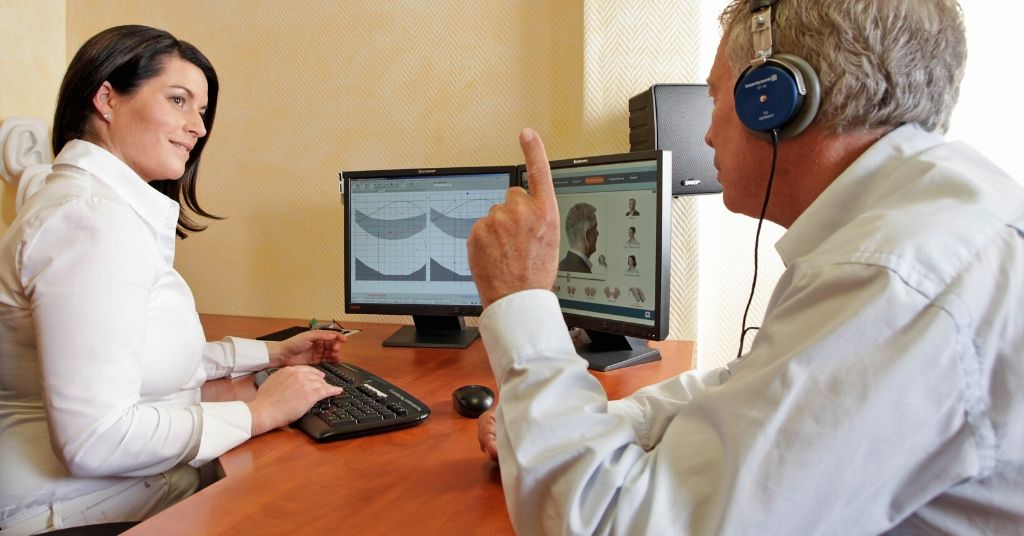
Surgeon who pioneered cochlear implant surgery gets his own device
March 1, 2019
Appreciating Hearing Technology
March 4, 2019Hearing loss and learning disabilities in adults

People who have learning difficulties are more likely to experience hearing loss and yet they’re less likely to be diagnosed.
Hearing loss often overlooked
People with learning disabilities (PWLD) are often overlooked when test groups are considered. This tends to happen with mainstream testing and early diagnostic implementation. Other symptoms can mask hearing loss.
The British Medical Journal (BMJ) estimated in 1991 that one in 10 people with learning disabilities also had hearing loss. The implications are staggering.
Just how many people in 2019 are undiagnosed because their hearing loss is not quite as obvious as their other more easily observed behaviors and conditions?
Consequences
The most shocking part of the BMJ’s findings was that most of the people who had hearing loss had never been tested.
“The most shocking part of the BMJ’s findings was that most of the people who had hearing loss had never been tested.”
This has enormous consequences. Long-term undiagnosed hearing loss, for example, has been shown to increase mental health issues including feelings of isolation, anxiety, and depression.
Patients with learning disabilities in the study often exhibited upsetting behavior. Sometimes they can even be viewed as senile. People with Down syndrome showed deterioration and lack of cooperation. In all these cases, the study found, hearing loss was the real culprit.
Solutions
A team that assesses individuals with learning disabilities should include audiology as well as other specialties in order to better diagnosis patients with hearing loss.
In addition, a 2014 article in The Hearing Review suggested that carers and support workers should be better educated in order to help identify these kinds of issues. “Healthcare professionals rely on family carers and paid support workers to detect hearing problems, support the individual to attend an assessment, and to then ensure consistent hearing aid use and aftercare,” says Lynzee McShea, who authored the article. “This is a big ‘ask,’ and our research suggests most carers and support workers do not yet have the necessary skills to do this optimally.”
New Guidelines
A new guidance document published by The National Institute for Health and Care Excellence (NICE) in June 2018 titled “Hearing Loss in Adults: Assessment and Management,” should help. NICE is a multi-disciplinary committee associated with the United Kingdom’s National Healthcare System (NHS), and provides evidence-based guidance and advice to improve health care.
Professional clinicians globally are expected to be affected by these new guidelines. They include professional principles to apply to all adults with hearing loss. This means as part of standard procedure, adults who are PWLDs will automatically be included.
An obvious core problem is a serious lack of education. People with learning disabilities can easily be overlooked if professionals don’t have a sound knowledge base firmly in place.
As we move into a future with increased awareness about hearing loss, it’s imperative that everyone with hearing loss is included.
Read about PR Hilton’s hearing loss journey



